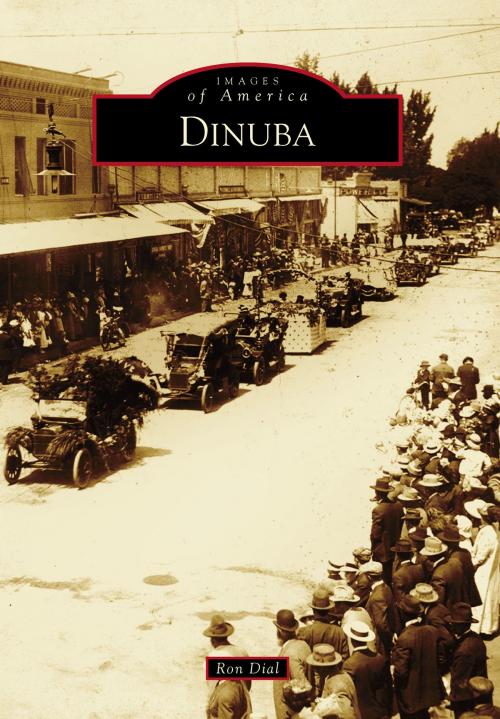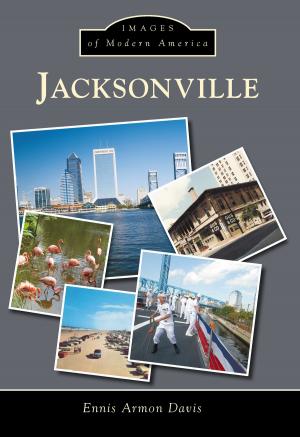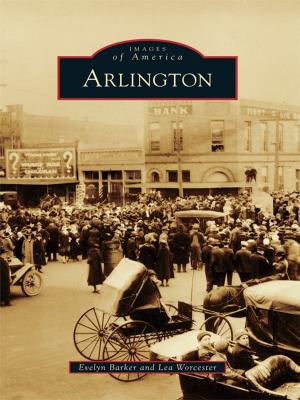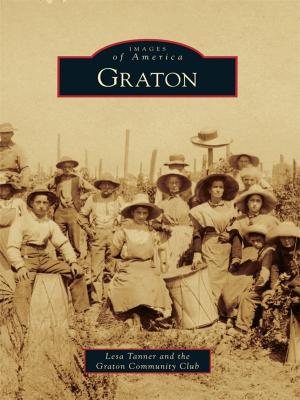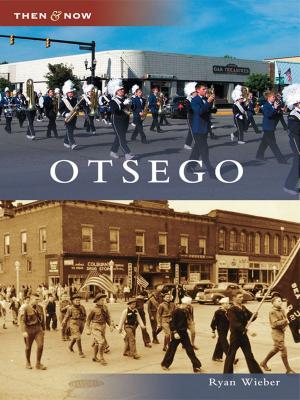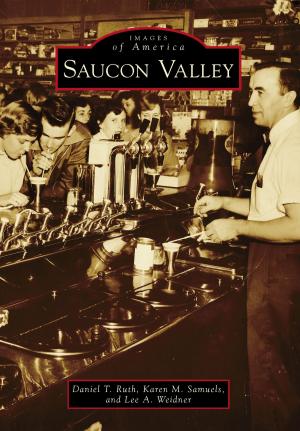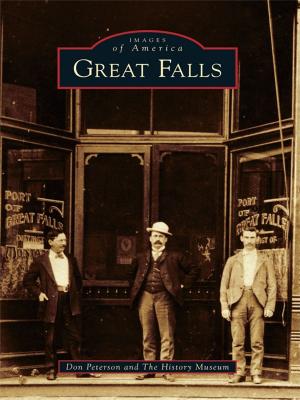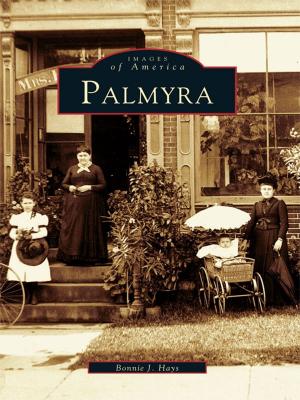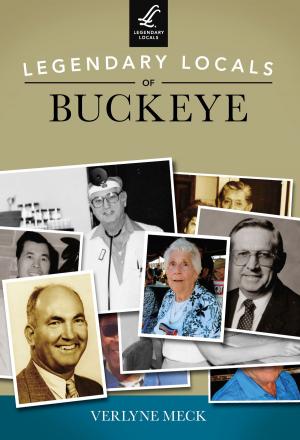| Author: | Ron Dial | ISBN: | 9781439657010 |
| Publisher: | Arcadia Publishing Inc. | Publication: | August 1, 2016 |
| Imprint: | Arcadia Publishing | Language: | English |
| Author: | Ron Dial |
| ISBN: | 9781439657010 |
| Publisher: | Arcadia Publishing Inc. |
| Publication: | August 1, 2016 |
| Imprint: | Arcadia Publishing |
| Language: | English |
On May 11, 1880, tensions between central California settlers and the Southern Pacific Railroad culminated in a violent shoot-out that left seven people dead. This event, known as the Mussel Slough Tragedy, was a result of the attempted evictions of settlers from land they had already purchased and the high land prices imposed by the expanding railroad. Founded in 1890 by James Patterson and James Sibley, Dinuba was an effort for Mussel Slough farmers to peacefully resettle in the San Joaquin Valley and pursue their agricultural interests. The region's fertile soils and warm climate made the land ideal for farming and economic growth. With the development of a reliable water source and the importation of Thompson's Seedless grapes, raisins quickly became the cash crop, and Dinuba, nicknamed "The Raisin City," entered the 20th century as an established and rapidly growing community. Today, the city's unique history is preserved through the Depot Museum, maintained and operated by the Alta District Historical Society.
On May 11, 1880, tensions between central California settlers and the Southern Pacific Railroad culminated in a violent shoot-out that left seven people dead. This event, known as the Mussel Slough Tragedy, was a result of the attempted evictions of settlers from land they had already purchased and the high land prices imposed by the expanding railroad. Founded in 1890 by James Patterson and James Sibley, Dinuba was an effort for Mussel Slough farmers to peacefully resettle in the San Joaquin Valley and pursue their agricultural interests. The region's fertile soils and warm climate made the land ideal for farming and economic growth. With the development of a reliable water source and the importation of Thompson's Seedless grapes, raisins quickly became the cash crop, and Dinuba, nicknamed "The Raisin City," entered the 20th century as an established and rapidly growing community. Today, the city's unique history is preserved through the Depot Museum, maintained and operated by the Alta District Historical Society.
